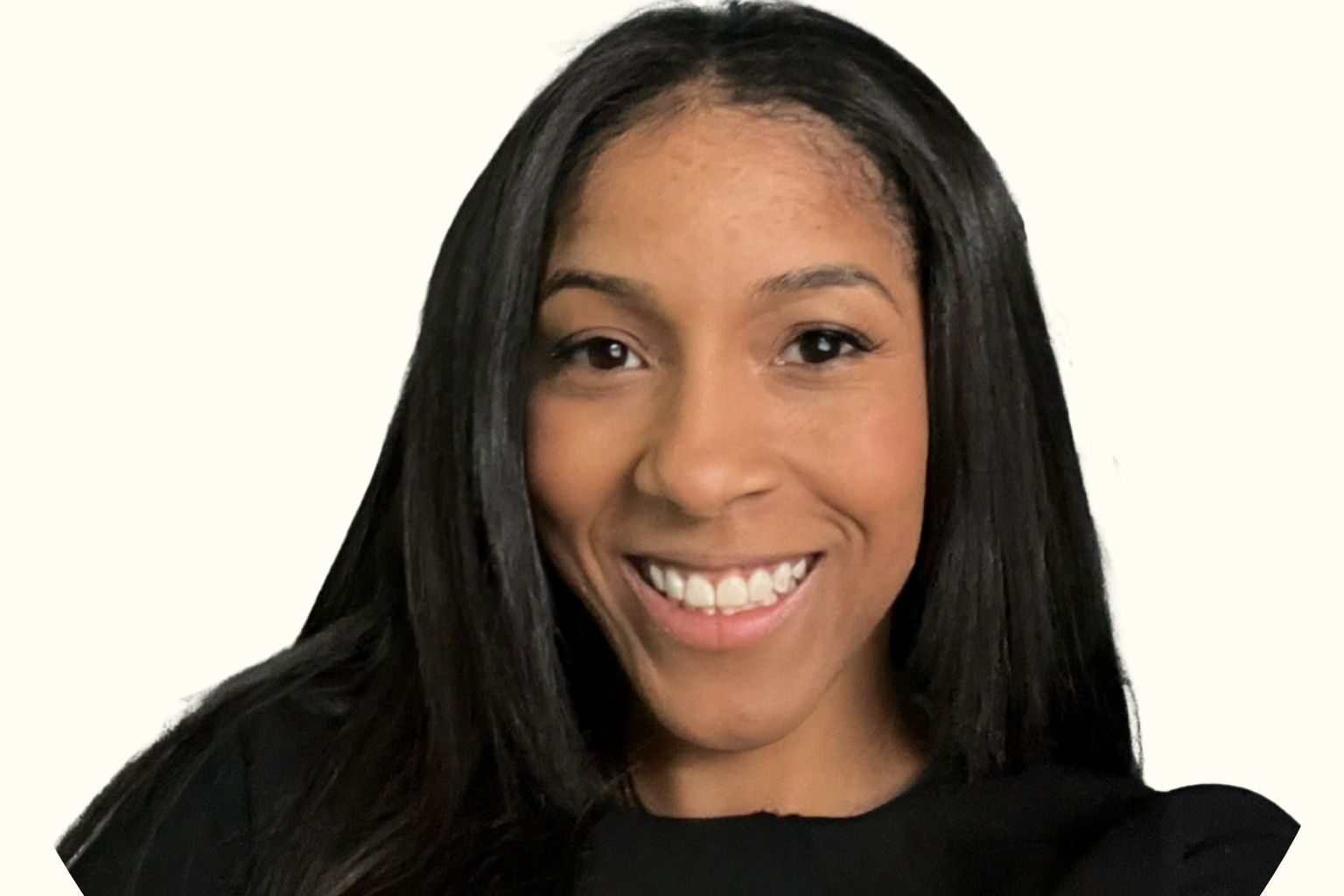Some mornings, it feels like the news is designed to make us lose faith.
Another headline about dysfunction in Washington. Another reminder that systems built to serve people are tootangled in partisanship to help them. It’s exhausting and it’s easy to start believing that nothing we do matters.
But lately, I’ve been finding hope in smaller places.
In a Saturday morning park clean-up where neighbors laugh more than they complain. In a school boardmeeting where parents debate passionately because they care.
In a quiet moment at my community garden, where greens push through soil that once felt hard and dry.
That’s where real politics lives. Not in the Capitol or the news crawl, but in the spaces where people stillbelieve they can change something. When federal politics feels like chaos, turning local isn’t giving up, it’s coming home.
We talk about politics like it’s something distant. Something that happens “up there.”
But the truth is, most of the decisions that shape our everyday lives are made right here, at home.
Who decides whether the lot down the street becomes a park or a parking deck?
Who decides if our public schools get new playgrounds, or if our neighborhoods have sidewalks and trees?Who decides if housing stays aJordable, or if our water stays clean?
Not Congress. Not the President. Not anyone you’ll see on a debate stage.
Those decisions belong to local governments. These are our city councils, county commissions, schoolboards, zoning committees. And yet, most of us barely know their names.
According to the Center for Civic Innovation’s “VoteATL: Voter Analysis Report”, voter turnout for localelections in Atlanta is alarmingly low compared to state and federal elections. In 2021, Atlanta’s municipalelection had a 25% turnout rate. That means in a room of four people, one person decided how ourneighborhoods grow, what our kids
learn, and how our tax dollars are spent. The rest of us are living with decisions we didn’t even know were being made.
And that’s exactly what those in power count on, our distraction. The sense that local politics is too small tomatter. But that’s the biggest myth of all. The smaller it feels, the closer the power actually is.
Atlanta has always been a city of motion. From the civil rights marches on Auburn Avenue to the organizinghappening now in community centers, classrooms, and church basements, this is a city that has never stoppedpushing. But even here, where movement is in our DNA, local engagement is quietly slipping away.
This moment matters.
With major development projects and the 2026 World Cup on the horizon, Atlanta is at a crossroads. We caneither continue to let these changes happen to us or we can shape what happens for us.
That starts with local politics.
It’s not glamorous. It won’t trend. But it’s where justice begins to take form.
When national politics feels too heavy to hold, there’s something healing about turning to what’s near. Tendingto the things we can touch like soil, getting a street sign, or painting a mural becomes a form of resistance. It’snot just civic engagement. It’s a kind of care work. Because when you focus on what’s nearest to you, you get tosee progress in real time. You get to see the sidewalk repaired, the park cleaned, the student succeed. You getto feel the impact of your own hands and voice.
In a world where national politics often feels like watching a storm you can’t stop, local engagement gives youback the feeling of control and that’s powerful for our wellbeing and our mental health.
It reminds us that hope isn’t naive. Hope is a practice. And it begins right outside our front door.
If you’ve ever felt burned out by politics, you’re not alone.
But here’s what I know: disengagement is exactly what systems of power depend on. If we turn away, they get tomove quietly. So instead of tuning out, what if we tuned in? Closer, smaller, and deeper?
If you’re not sure where to start, try this:
Look up who represents your district on the city council, school board, and county commission.
Attend one local meeting, just one, and listen.
Join a park clean-up, a PTA, a voter drive, or a neighborhood association.
Ask your neighbors what they care about and how you can help.
Vote in the November 4th election.
Those might seem like small acts, but they’re actually the most radical kind of politics. They remind us thatdemocracy isn’t a performance, it’s a practice.
Federal politics may always feel out of reach, but the closest kind of change and sometimes the most powerfulthing we can do for ourselves is to start where we stand.
Related
